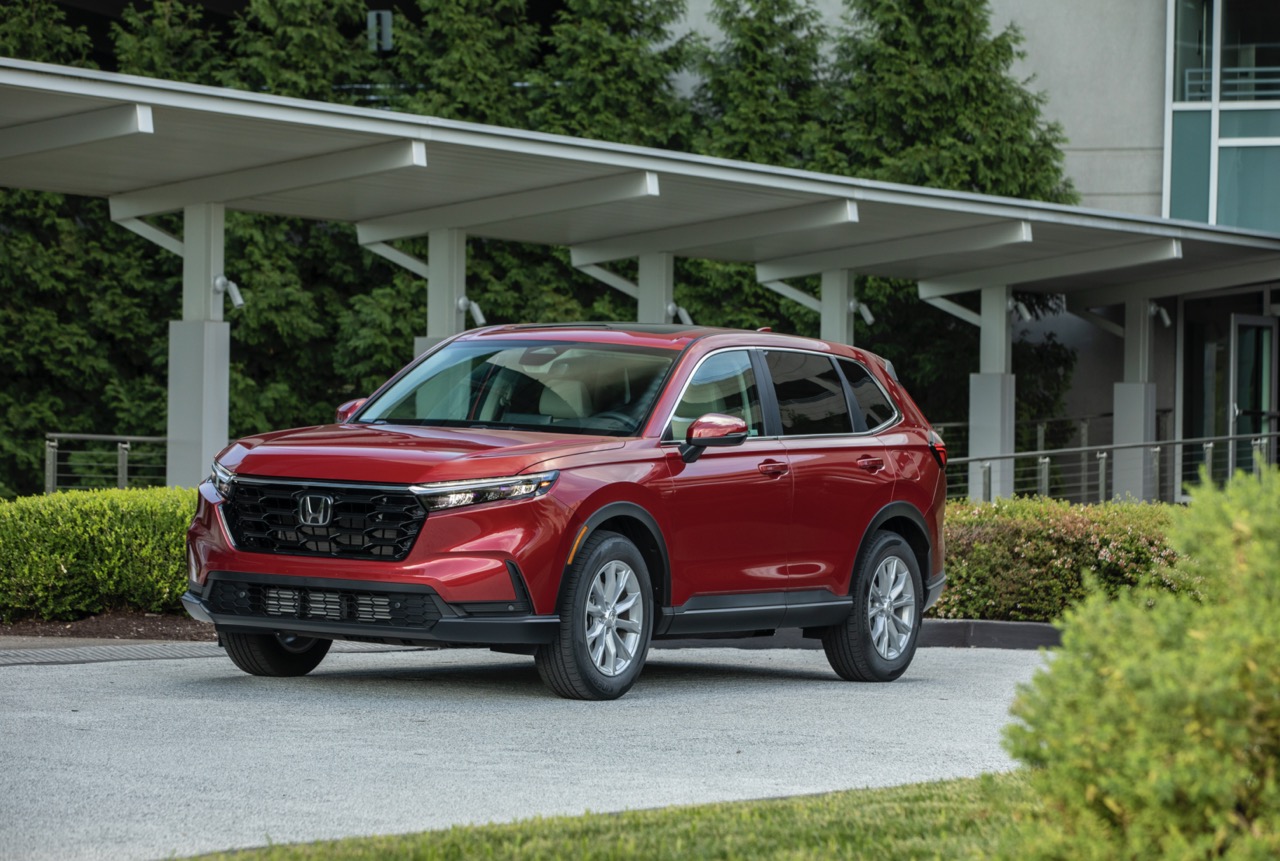Climate change, rising oil prices, air pollution, government policies, and stringent emission standards – all contribute to the global understanding that electric vehicles (EVs) are needed. This rapid global transition to EVs is putting the ASEAN automotive industry at risk. This is because the primary product is still the internal combustion engine (ICE) vehicle. Among ASEAN countries, Thailand has become an early mover in electric vehicles by declaring itself to be the regional EV production hub with an ambitious plan to convert 50% of its total vehicle production to electric vehicles by 2030. claiming its position in stages.
Step by step with well-designed policies
The first step was March 2017. Thailand’s Board of Investment (BOI) has called for investment in electric vehicle and hybrid incentive programs. The BOI has provided significant excise duty reductions and corporate income tax exemptions for up to eight years to manufacturers that use locally produced batteries and key electrical components in their vehicles. The program involved about 20 of his OEMs, including most of the major Japanese and European companies (Toyota, Honda, Nissan, Mitsubishi, Mercedes-Benz, BMW), with a total investment of over US$3.3 billion. . However, the OEMs he joined primarily produced hybrids and plug-in hybrids (PHEVs).
In late 2020, the BOI sought to focus on battery electric vehicle (BEV) technology with its next incentive program, resulting in significant returns on investments in BEV projects worth at least 5 billion baht. Chinese automaker. At this stage, China’s leading automaker Great Wall Motor successfully invested and built a full-scale car factory, which was used as the main production base for right-hand drive vehicles and electric vehicles in the ASEAN region.
The BOI also approved an application from Horizon Plus, a joint venture between Hon Hai Technology Group (Foxconn) and PTT Public Company Limited, Thailand’s largest listed conglomerate. Horizon Plus has established a BEV manufacturing plant with an annual capacity of 50,000 units, increasing the potential for BEV production in Thailand. Horizon Plus plans to start producing NETA-branded BEVs in Thailand in 2024.
This February, the Thai government took another big step by announcing a new BEV incentive package. This latest package includes a reduction in import duty of up to 40% for CBU BEVs, a revised excise tax reduction from 8% to 2% for BEV passenger cars and 0% for BEV pickups, and a huge value of 70,000-150,000 baht. of cash subsidies included. per unit for BEV buyers. This stimulus package is designed to revitalize BEV sales by initially offering benefits to imported BEVs. Automakers participating in the program must offset the volume of imported BEVs by producing similar his BEVs locally so that the ratio of imports to local production is 1:1 by 2024. . We can extend the deadline until 2025, but after that we will have to produce at a ratio of 1:1.5. Several OEMs, including MG, Great Wall Motors, Toyota and NETA, have quickly signed memorandums of understanding (MoUs) with the government for this package.
Most recently, on September 8, 2022, Chinese electric vehicle giant BYD signed a contract to purchase land in Thailand’s Eastern Economic Corridor (EEC) and build its first electric vehicle production plant in Southeast Asia. BOI has approved his 18 billion baht BEV plan for BYD, which will produce about 150,000 vehicles a year for the Thai market and exports. BYD also expressed interest in its new BEV incentive package.
With the cash subsidy package implemented, participating OEMs each received over 3,000 pre-orders within a month and now have to temporarily suspend pre-orders due to chip shortages. Hmm. He expects sales of his BEV passenger vehicles to exceed 14,000 this year, a significant improvement compared to just 1,894 He BEVs sold in 2021.
These EV sales and EV-related investments mark Thailand’s significant progress towards becoming ASEAN’s EV production hub.
the challenge continues
One of the biggest obstacles for BEVs is the lack of a large charging network. As of March, there are only 944 charging stations across Thailand, more than half of which are in the Bangkok metropolitan area. This unevenly distributed charging network can cause range anxiety for BEV owners. Having a charging infrastructure with convenient proximity and driving range allows end-users the freedom to move without restrictions, increasing positive public perception.
In an effort to improve the country’s charging network, in April this year, the BOI approved incentives for investing in charging stations, giving charging service providers a 3-5 year tax exemption period.
The availability of public chargers is a key factor in boosting demand for BEVs and ensuring steady growth. Thailand’s EV charging ecosystem needs to expand accordingly to become ASEAN’s EV hub.
https://lmc-auto.com/news-and-insights/thailands-journey-to-becoming-aseans-ev-hub/ Thailand’s journey to become ASEAN’s EV hub











